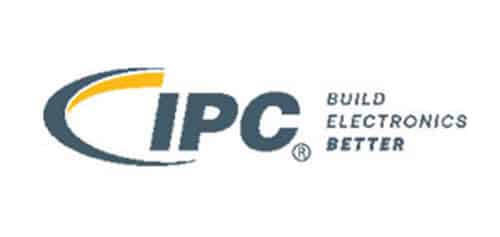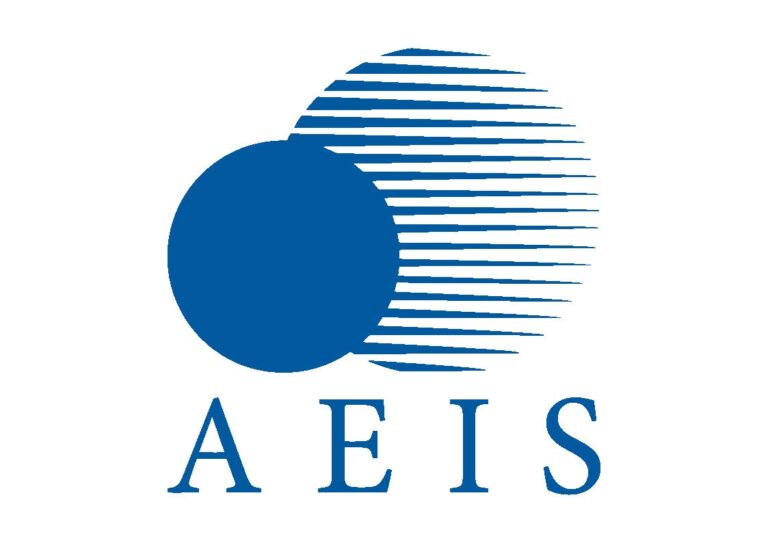ITRI enters into an agreement with Oxford Instruments. The two parties have signed a cooperative research project on the development of next-gen compound semiconductors on September 24 under the witness of the officials of the Department of Industrial Technology (DOIT), Ministry of Economic Affairs (MOEA).
The agreement will complement the R&D capacities of both sides. It will also develop a new industry chain for compound semiconductors in Taiwan to create new opportunities in the global market.
The MOEA has been active in assisting Taiwan’s manufacturers in advancing core technologies associated with ultra-high frequency (UHF) components by providing key technology solutions and development platforms. It has also been dedicated to facilitating collaborations between Taiwan companies and global partners. For instance, its International Industrial Innovative R&D Program and the Fast Track Program for clinical trials have attracted many cooperations and investments as well as the establishment of R&D centers in Taiwan. Up until the end of this April, a total of 18 applications have been received.
ITRI Executive Vice President Pei-Zen Chang remarked that ITRI is an important stronghold of Oxford Instruments in the Asia-Pacific region. Both sides began cooperation on precision testing analysis 15 years ago and have achieved excellent results in multiple fields such as HBLED, MEMS, Micro-LED, silicon photonics, and nanoanalysis. “The collaboration with Oxford Instrument will enhance the growth of next-gen semiconductor supply chain in Taiwan, allowing research and development to be implemented in system integration and multidisciplinary innovation. This will further boost the industrial transformation and economic development of Taiwan,” he said.
Representative of British Office in Taipei John Dennis remarked that the UK is a world leader in compound semiconductors for both fundamental and applied research, with many exciting new technologies coming through the UK’s thriving innovation-focused companies. Beyond this, the UK also has a number of important specialist companies providing equipment and services for semiconductor production and Oxford Instruments is a perfect example of this, providing high tech products and services to the world’s leading industrial companies and scientific research communities including ITRI. He was excited to see the collaboration between Oxford Instruments and ITRI in compound semiconductors, which will open the door to some really exciting advanced technologies including electric vehicles, 5G and other wireless technologies, and even the power converters on wind turbines.
CEO of Oxford Instruments, Ian Barkshire expressed his appreciation for the ongoing strengthening of the relationship between Oxford instruments and ITRI. He pointed out that Oxford Instrument’s R&D base established at ITRI in 2011 has allowed the company to accelerate its technology program and better support its customers across Asia. With the new agreement signed, Oxford Instruments and ITRI will combine the innovation, technological and end-market knowledge to drive the advances in semiconductor and power devices that will enable a greener, healthier, more connected, advanced and sustainable society.
ITRI Vice President and General Director of the Electronic and Optoelectronic System Research Laboratories Chih-I Wu pointed out that ITRI has already developed GaN semiconductor technology to be applied in high-frequency communications, and it has cooperated with universities on epitaxy technology and UHF communication components. “Based on Taiwan’s key leading technology, its comprehensive industry chain in the semiconductors, and ITRI’s innovative R&D capabilities, the collaboration with Oxford Instruments on the development of compound semiconductors will help increase the yield rate of GaN’s High Electron Mobility Transistor (HEMT) component processing and improve the source charging power and transistor performance,” he said.








